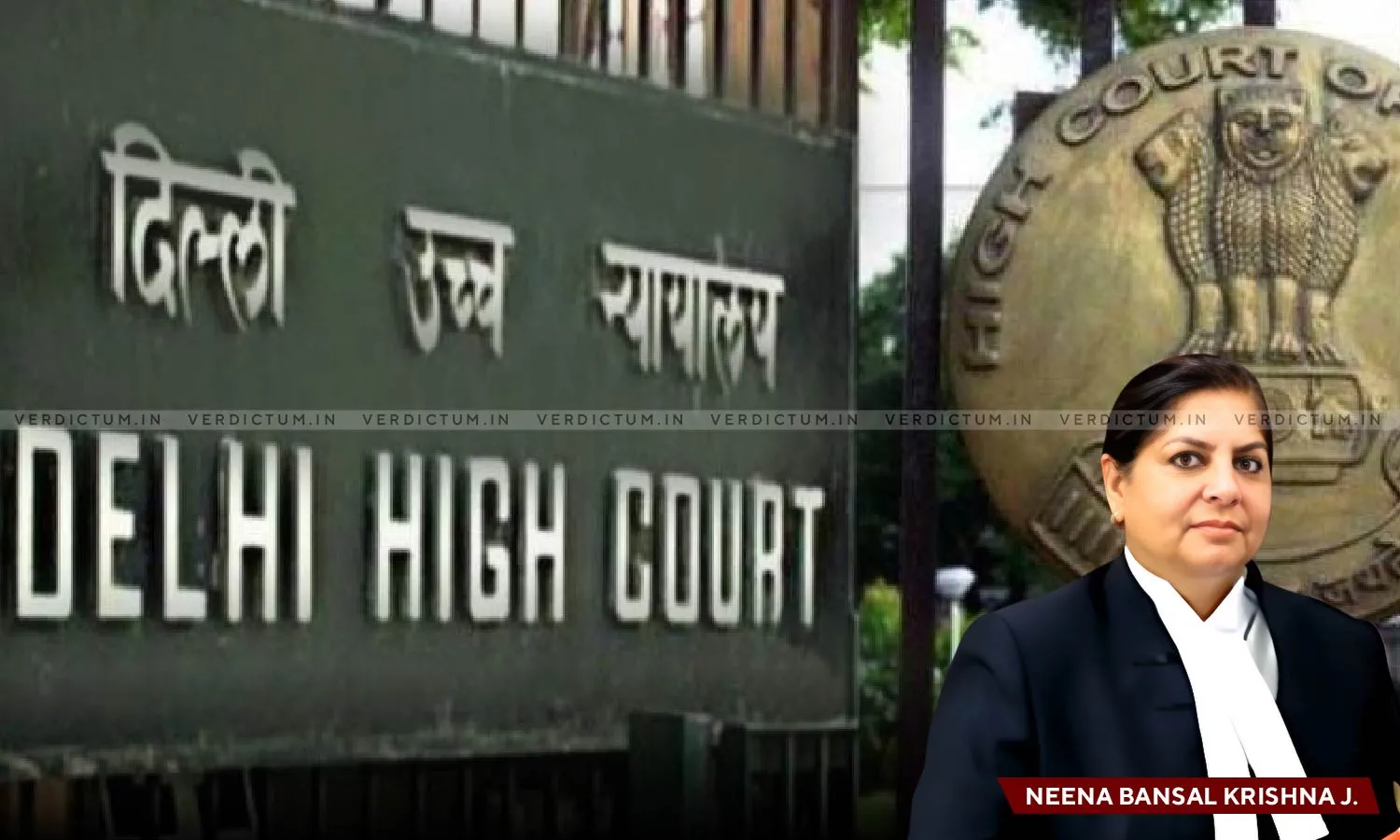Document Without Requisite Stamp Duty Cannot Establish Party's Right, Title Or Interest: Delhi HC
The Delhi High Court held that documents must be duly stamped per the Stamp Act to be valid instruments of property transfer.
Without requisite stamp duty, they are void and cannot establish any party's rights or interests, the court added.
In that context, the Bench of Justice Neena Bansal Krishna observed that, "It is, therefore, held that while the document may have been admitted by the defendants, but to be an instrument to operate as a document of transfer of the property, it requires to be duly stamped, in accordance with the Stamp Act. Till such time, the requisite stamp duty, is annexed on these documents, they are void and cannot be an instrument on which any party can claim a right, title and interest."
The defendant No. 3 filed an application under Section 33 of the Indian Stamp Act, 1899, to impound certain documents in a suit for Specific Performance and Permanent Injunction. The plaintiff had presented an Agreement to Sell dated 23.04.2009, a Memorandum of Understanding (MOU) dated 08.10.2022, and Agreements dated 18.11.2010, which the defendant argued were either insufficiently stamped or unstamped. The defendant requested that these documents be sent to the Collector of Stamp for determination and payment of stamp duty by the plaintiff, and argued that the plaintiff lacked the financial capacity to fulfill their obligations, thus the suit should be dismissed.
The plaintiff contested the application, stating that the documents were merely agreements to sell, not conveyance deeds, and thus did not require compulsory registration or payment of stamp duty until the sale deeds were executed.
The defendant's counsel argued that the documents, being non-testamentary instruments creating rights in immovable property worth more than Rs. 100, required compulsory registration under Section 17 of the Registration Act and proper stamping under Section 23A of the Indian Stamp Act. Since these documents were not adequately stamped, they were inadmissible as evidence, and the plaintiff's suit could not proceed.
The defendant's counsel cited several legal precedents to support their argument. In response, the plaintiff's counsel argued that once documents are admitted in evidence, their admissibility cannot be challenged on the grounds of insufficient stamping, per Section 36 of the Indian Stamp Act. The plaintiff asserted that the application was without merit and should be dismissed.
The High Court directed that the Registry impound the original documents and be sent to the Collector of Stamps, who shall direct the affixing of deficit stamp duty and penalty and return the documents so stamped, within two months.
Cause Title: M/s Celebration Hotels & Resorts (P) vs M/s Sartaj Hotels Apartments & Vilas Pvt Ltd.
Click here to read/download the Judgment












